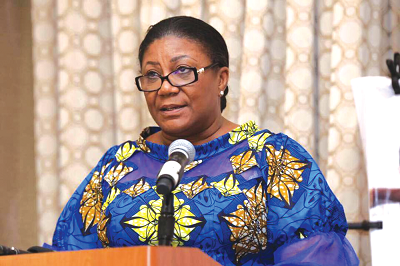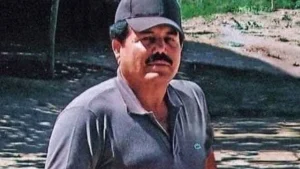Today 25th day of April, is marked as World Malaria Day. Globally the day is used to reflect on the successes and challenges in the fight against malaria. It is also a day to highlight what we all need to do to get us closer to a malaria-free country. Every positive step we take, leads us to a day, when malaria is no more.
Over the past two decades we’ve made great progress in the fight against malaria, saving more lives and preventing malaria related disabilities. However, as long as malaria exists, it threatens the poorest and most vulnerable, and has the potential to worsen, in times of public health crises, such as we face now.
It is unfortunate, this year COVID-19 is threatening the progress we have made in the fight against malaria. Now more than ever before, we need to put all our arsenals together to act more effectively.
As we continue to battle with COVID-19, I will like to also highlight the importance of strengthening the health and surveillance systems, to help us respond to emerging diseases while also protecting and consolidating hard-fought progress against malaria, a long-standing deadly and dangerous foe.
COVID-19 is straining our national health systems and challenging families, communities and countries. We are indeed not in normal times. I entreat all, especially political, traditional, religious and private sector leaders to reaffirm our commitment to fight and end malaria.
COVID-19 has shown us that, diseases don’t respect borders and persons. By working together, we can end malaria and overcome new threats to global public health, such as COVID-19.
Malaria strikes hardest against pregnant women and children in sub-Saharan Africa. We must prioritize reaching these groups with life-saving interventions, to help reduce further the morbidity and mortality attributable to malaria. While malaria deaths in children under five dropped in 2018, children under five still accounted for 50% of total malaria deaths
Indeed, efforts to limit the spread of COVID-19 are necessary to protect health systems and the population at large, yet these efforts, must not compromise access to life-saving malaria prevention, diagnosis and treatment services or threaten to reverse decades of hard-fought progress against malaria.
I entreat you, as we continue to observe the protocols of COVID-19, to also pay attention to proper diagnosis of suspected malaria.
Let me also encourage you to sleep under a treated mosquito net, which will prevent mosquitoes from biting you and your family.
Pregnant women should call on the nearest health facilities for the Intermittent preventive treatment (IPTp- SP medicines) to protect themselves and their unborn children.
I call on all, to commit to supporting this fight by promoting antenatal care, advocating for increased investment in malaria and other health programmes and by simply standing in solidarity with those who are most affected by this disease.
Ultimately, if we, and our development partners, invest in malaria control and prevention, and prioritize support for those at highest risk, we will make a notable impact against this deadly disease.
Zero malaria is achievable when we all show commitment and collaborate better. We won’t achieve this overnight, but we will certainly get there, if we all work together.
Zero Malaria starts with me, with you and with all of us.










